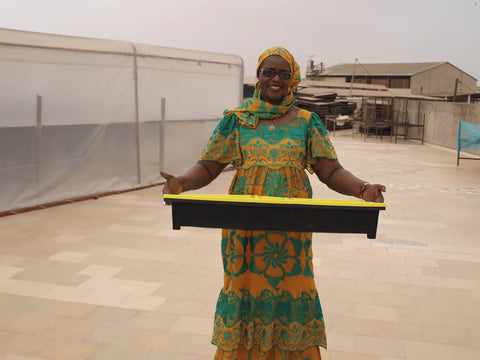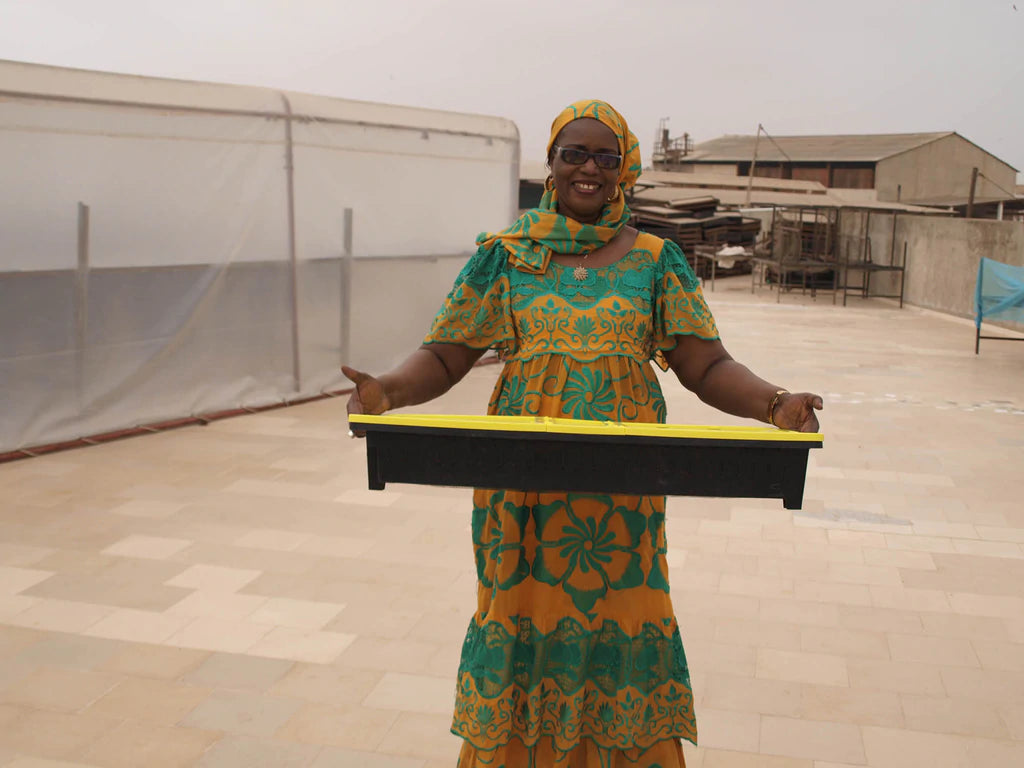Globally, over $20 billion worth of food is lost annually due to the high rate of spoilage of fresh high-moisture crops on the farm after harvest or during marketing in stores. The dry-chain approach of preserving nutrients in shelf-stable dehydrated crops offers a solution to preventing this wastage, and the opportunity to affordably feed the growing world population predicted to increase to 9 billion people by 2050. Unlike the cold food chain, which requires the input of constant energy in refrigeration to keep food preserved, in dry food chain, once food is dried, no additional energy is needed for preservation as long as it is kept sealed. Therefore, the dry food chain appears to be the most sustainable and cost effective method to reliably preserve and distribute foods, especially by small and mid-size growers and processors. 
While drying foods is an age-old preservation method practiced in all cultures around the world, it is one of the most energy intensive processes in food production, consuming one-third of the energy by the primary use of fossil fuels. Small and mid-size growers are especially affected by high energy prices, and hence still use the age-old open sun drying methods to dehydrate their crops using primitive ways such as wooden trays, woven baskets, tarps, metal racks, or some do-it-yourself (DIY) platforms. Crops dried in the open-air are exposed to the elements (dust, livestock feces, etc.) and often suffer from quality issues, preventing growers from meeting stringent quality standards that reap market premiums. In the US, the recent passing of the Food Safety Modernization Act (FSMA), has put more pressure and constraints on small and mid-size growers of specialty crops (fruits, vegetables, herbs, medicinal plants, etc.), who make up about one million. In Africa, Asia and the Americas, there are about 525 million smallholder farmers who produce 80% of the food for their population and export. These growers will need modern energy efficient crop dehydration technologies, and JUA Technologies’ mission is to meet this need with efficient multipurpose smart dehydration devices powered by renewable energy.

At JUA Technologies International we value community. Our goal is to build a community of users of our technologies, where experiences on how to naturally dehydrate crops using solar, and recipes of making beef jerky, salads or desserts using dehydrated ingredients can be shared across the globe. Eating food is one common denominator that all of mankind share. We want to make your eating experiences both healthy, fun and memorable. So please join us and share your experiences with the community drying your favorite foods, ornaments, herbs or medicinal plants using our solar dehydration devices. Our solar dehydration devices truly make solar drying easy. Share your thoughts with our community and follow us. Thank you!

